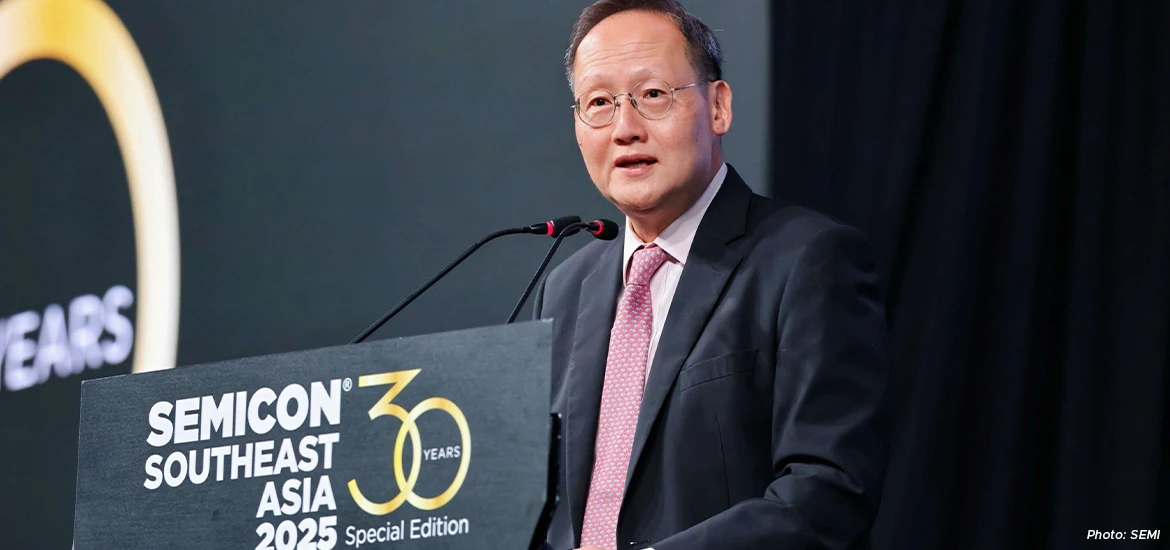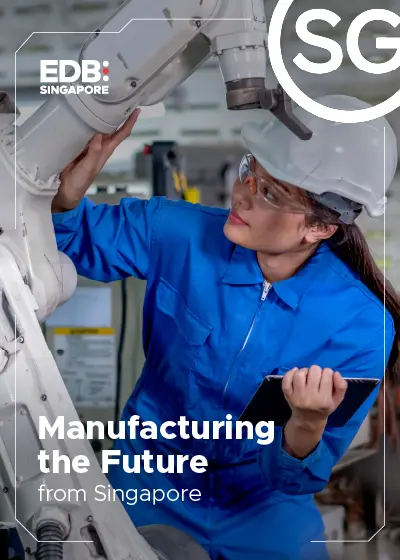Singapore will continue to strengthen its existing partnerships and forge new alliances to allow its semiconductor industry to access new supply chains and end-markets in the face of a global trade crisis, Manpower Minister Tan See Leng said on 20 May.
Speaking at the opening ceremony of SEMICON Southeast Asia 2025, a global conference and exhibition for the chip industry, Dr Tan said the Republic will also work closely with the industry to ramp up innovation and workforce development.
He said the stronger efforts are needed as the industry now faces a challenging operating environment due to trade and geopolitical tensions.
“The semiconductor industry is now in the eye of a global trade storm,” he said, referring to the unilateral export restrictions on advanced chips and related manufacturing equipment, and the imminent possibility of tariffs on global semiconductor trade.
“This has caused anxiety among companies, which are uncertain about the implications on demand for their products, as well as potential disruptions to their supply chains. Some are already putting investment decisions on hold.”
Dr Tan, who is also Second Minister for Trade and Industry, said Singapore will build on its relationship with countries that share its commitment to open and free trade, and continue to collaborate on areas across the semiconductor value chain, either bilaterally or through regional platforms.
“These efforts, complemented by similar initiatives at the industry level, will serve us well in delivering strong economic outcomes for the industry,” he said.
He pointed out that the global semiconductor industry – despite being highly cyclical – has historically demonstrated a capacity for resilience and adaptability.
“You have consistently demonstrated the ability to adapt to changing market conditions, and maintained long-term prospects for growth,” he said, referring to the 1980s US trade embargo against countries such as the former Soviet Union and Japan, and the more recent global chip shortage in 2022.
“I believe it will remain the case today,” he said.
The current uncertainty surrounding the industry stems from the tech rivalry between the US and China – the world’s two largest economies. US President Donald Trump has threatened to impose tariffs on semiconductor imports, which could hurt demand and disrupt global supply chains.
Dr Tan said Singapore has already taken some decisive steps to deepen its collaboration with the chip industry, including the establishment of a S$500 million research and development (R&D) fabrication facility under the National Semiconductor Translation and Innovation Centre.
“This provides shared industry-grade infrastructure access for companies and researchers engaging in semiconductor R&D, starting with advanced packaging,” he said.






